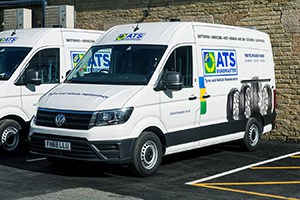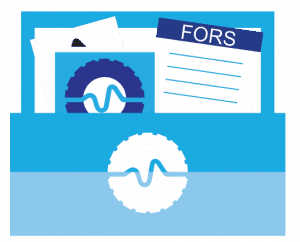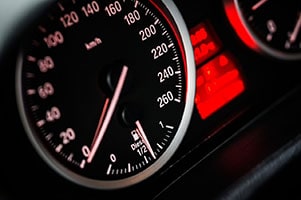Every year, Fleet World hosts its annual WLTP Challenge – an event designed to reveal the real-world fuel efficiency of many of the UK’s most popular vehicles.
However, the focus will this year expand beyond pure fuel efficiency and will highlight the role of telematics in helping motorists to be safer, greener and more efficient road users.
What is the WLTP Challenge?
WLTP stands for the Worldwide Harmonised Light Vehicle Testing Procedure and aims to give real-world figures for fuel consumption, CO2 and other pollutant emissions and the energy consumption values of alternative powertrains. It aims to provide a clearer indication of on-road performance against laboratory-only testing for vehicles.
Fleet World states: “The Challenge sets out to find out whether WLTP figures are now an accurate representation of real-world fuel economy, and provide reassurance to drivers.”
This year’s WLTP Challenge will be taking place on October 10th and will see participants traversing a 250-mile course across the Midlands. Starting and finishing in Bristol, the route takes in different types of roads and sees participants visiting several locations with the aim to mimic a typical day’s driving for business users.
A host of household names from across the motoring spectrum will be participating in this year’s event, including the Ford Fiesta, Honda CR-V Hybrid, Nissan Leaf, Mitsubishi L200, Jaguar XE, Vauxhall Astra, Mercedes-Benz A 180 d and even the Tesla Model 3 Range Performance, plus many more.
How can telematics improve driver efficiency?
Motorists hoping to achieve the greatest efficiency and bang for their buck when behind the wheel should consider the power of telematics systems to help highlight and reinforce their positive behaviour.
Telematics tools actively monitor the behaviour of the motorist and this information can be used to make positive changes in the future. For example, smoother driving is one of the key attributes to be tracked via telematics systems and this ties in nicely with the ability of motorists to maximise the fuel efficiency of their vehicle.
When a car accelerates or brakes sharply, it takes more fuel to get up to speed than if these manoeuvres were carried out in a smoother manner. As a result, drivers who have this bad habit highlighted to them through telematics should be more aware of the extra cost associated with poor driving.
In addition, telematics devices can be used to track and optimise the routes taken by drivers. By avoiding sections of journeys that typically require more stop-start driving, as well as monitoring bad habits like speeding, drivers can dramatically increase their vehicle’s fuel efficiency.
Jenny Smith, general manager for Tele-Gence, commented: “This year’s WLTP Challenge is sure to be another eye-opener in terms of its real-world results and, with the attention firmly focused on telematics in 2019, it could be a year when the technology really enters the mainstream.”
Your business can benefit from affordable telematics with no hidden start-up fees or long-term commitments. Find out how at www.tele-gence.com






